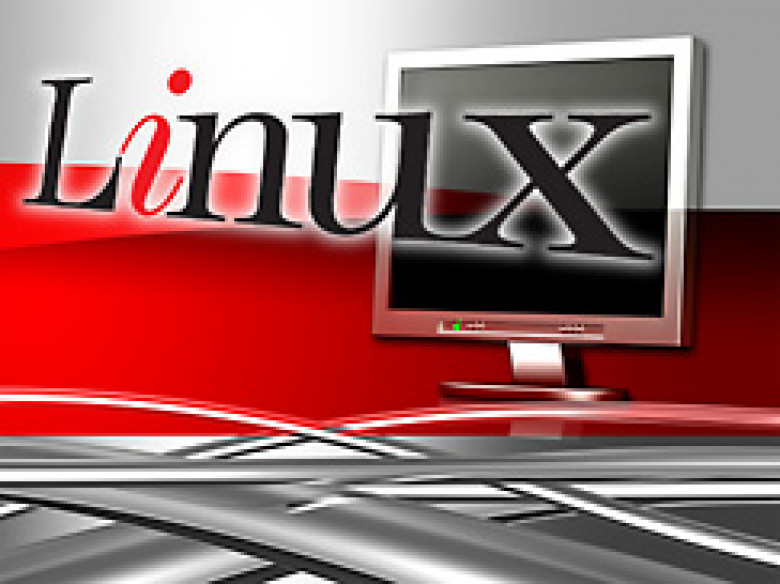The Linux desktop is already the new normal
A debate is smoldering yet again in the Linux community as prominent figures debate whether it's time to give up hope on the "year of the Linux desktop" ever coming or whether the advent of Android is actually its fulfillment. Problem is, it came and it's been here a while, but we haven't even noticed. We just didn't know what it would look like.
I realize that statement flies in the face of conventional wisdom. Last year, Miguel de Icaza's controversial post "What killed the Linux desktop" famously claimed that the opportunity for a Linux-based desktop to dominate the market has passed and is now an unachievable dream. He pointed to what he sees as a series of problems within the culture of Linux development.
At the heart of his argument is the idea that overly frequent updates led to a lack of compatibility, which in turn put off third-party developers. This is not to say he's surrendered to Windows; he recently explained why he uses a Mac. Now that the world has seen the example of the Apple OS X App Store, products that struggle with compatibility issues feel like a big step backward, regardless of any great features.










































































